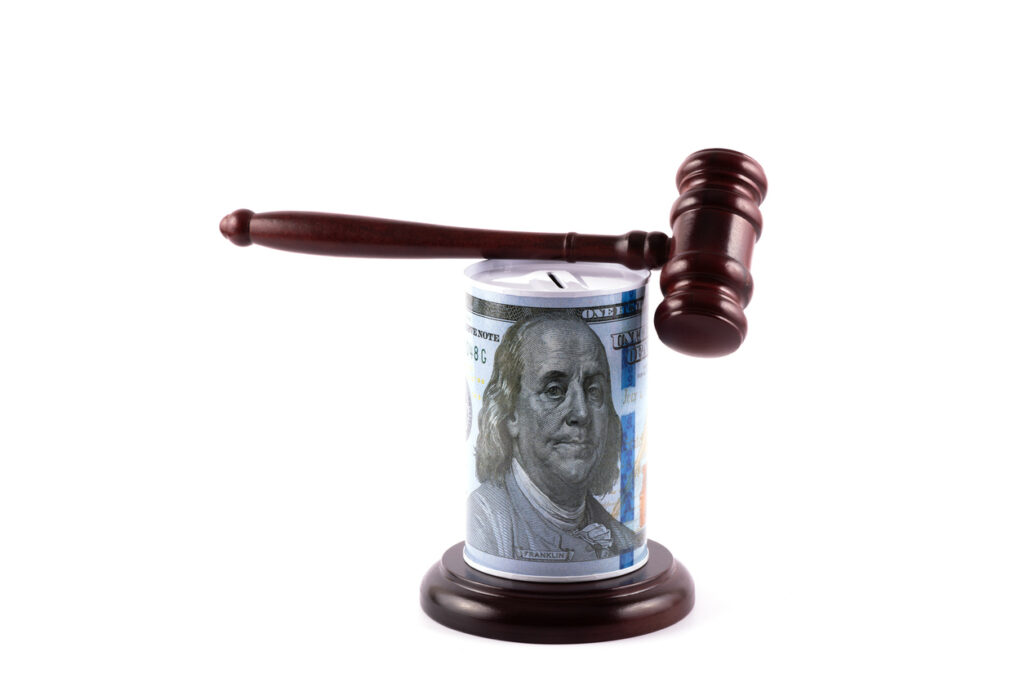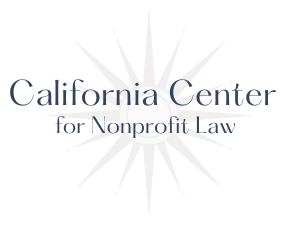
Can a Donor’s Heirs Challenge a Bequest Made to Your Charitable Organization?
Many individuals choose to make charitable giving a part of their estate plan, particularly if they have been active in certain charitable causes and/or giving throughout their lifetimes. While individuals can leave assets to charitable organizations in various ways, one way to do so is to leave a bequest to a charitable organization in a will or trust.
The California Center for Nonprofit Law is here to advise you about the various legal requirements that impact your public charity. Contact our office to learn more about these important issues to keep your charitable organization running smoothly and compliant with all federal, state, and local laws.
Challenges to a Charitable Bequest in Wills or Trusts
Unfortunately, no matter how closely an individual complies with state law to ensure the legal validity of a will or trust and bequests contained within it, unhappy heirs or family members may challenge the legitimacy of a charitable bequest or the entire will or trust document itself. When such a dispute occurs, a charitable organization must determine whether to participate actively in the litigation. In some cases, all will or trust beneficiaries must participate in the litigation, which requires the charity to participate.
Factors for Charities to Consider in Litigation Over a Charitable Bequest
Involvement in this type of litigation can be expensive, as charities are likely to bear the costs of their legal fees. Therefore, charities should have a policy in place about how to determine the nature and extent of their involvement in this type of litigation. The policy should consider the charity’s interest in the litigation, whether and how the claim(s) could impact that interest, and the anticipated cost of enforcing its rights to that interest.
Charitable organizations also should understand that their involvement in the litigation is likely to become a public record, even in the case of a previously non-public trust document. Likewise, the charitable organization must consider the substantial delays that litigation can cause in releasing donated funds. Other relevant factors may include the public relations involved in hostile long-term litigation that results in a great deal of media coverage, the effects of the litigation on the relationship between the charity and other family members who also may donate or be affiliated with the charity, and the charity’s fiduciary duty to pursue funds that rightfully belong to it.
Furthermore, suppose the will or trust contains no-contest clauses. In that case, the charity should ensure that any participation in the litigation will not adversely affect or cause it to forfeit its ability to claim its interest in the bequest.
Disclaimers
Circumstances allow charitable organizations to disclaim bequests made to them through wills or trusts. In some cases, if owning the asset would place an undue burden on the charity, either due to the form of the asset or the restrictions that the donor has placed on the gift, then a charitable organization may determine that the disclaimer is in its best interests. Under Ca. Probate Code §275, a beneficiary may disclaim any interest in a will or a trust and other types of mechanisms for transferring assets, in whole or in part. However, charitable organizations must not delay if they choose to disclaim an interest in an asset, as they only have nine months from the date of the donor’s death or after the interest becomes indefeasibly vested, whichever occurs later.
Call the California Center for Nonprofit Law Today
While charitable bequests can be significant forms of support and revenue for charitable organizations, they also can result in legal issues. By creating set policies and procedures to handle these possibilities, a charitable organization can be prepared for any litigation that may result. If you need legal advice or assistance, we are here to help. Contact an experienced nonprofit lawyer today. Call the California Center for Nonprofit Law offices at (949) 892-1221, email us at info@NPOlawyers.com, or contact us online for more information today. We offer a wealth of experience handling the unique legal issues that charitable organizations routinely face.
